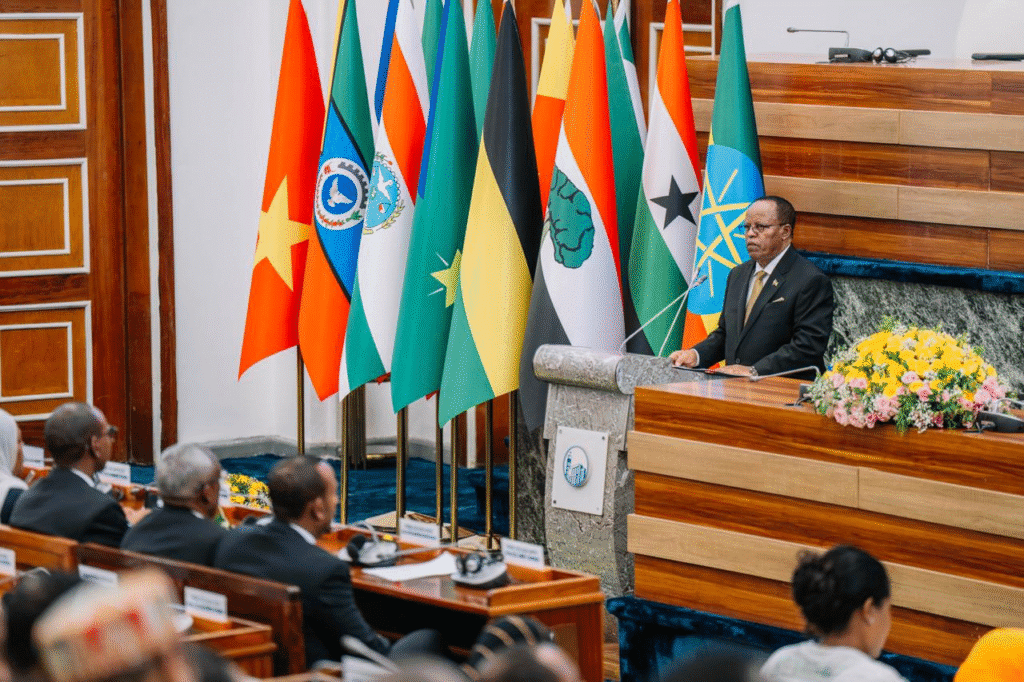Ethiopia’s Commitment to Peace: President Taye Atsek Selassie’s Vision for Reconciliation
Addis Ababa, October 6, 2026 – In a significant address during the opening of the 6th year and 5th tenure of the House of People’s Representatives and the House of Federation, President Taye Atsek Selassie highlighted the government’s priority of pursuing reconciliation and peace as critical for lasting stability in Ethiopia.
Focus on Peace-Building Initiatives
During the joint session, President Taye expressed a strong commitment to resolving national differences through peaceful means. He asserted that the government’s dedication to fostering lasting peace will remain central to its agenda. The President outlined key policy directions for the year, emphasizing the importance of national resilience and institutional reform.
Prioritizing Dialogue Over Force
President Taye reiterated that the government views securing lasting peace as a top priority. While acknowledging the government’s capacity to quell violence through force, he stressed that the path of wisdom and patience is preferable. This approach is intended to promote a future free from the burden of past grievances.
“We believe in resolving conflicts without transferring hatred and resentment to future generations,” President Taye remarked, underscoring the vital need for a peaceful resolution that fosters national consensus and sustainable peace.
The Importance of National Dialogue
The ongoing national dialogue process was acknowledged by the President as a crucial avenue for addressing disputes. He reaffirmed that dialogue remains the preferred means for conflict resolution. Furthermore, the President appealed to all citizens—particularly scholars, community leaders, and intellectuals—to participate actively in the national consultation forums to enhance the efficacy of this dialogue.
Building Robust Institutions for Stability
In addition, President Taye emphasized the necessity of creating strong, independent, and democratic institutions that can withstand political transitions and ensure long-term stability. This focus on institutions is pivotal for maintaining peace and fostering a democratic environment, especially in a nation deeply rooted in diverse cultural and political traditions.
Concluding Thoughts
As Ethiopia navigates its challenges, President Taye Atsek Selassie’s call for reconciliation, dialogue, and institutional reform serves as a beacon of hope for a brighter future. By emphasizing the importance of peaceful conflict resolution and national unity, the government aims to pave the way for a more stable and prosperous Ethiopia.
For those interested in the broader implications of reconciliation and peace-building efforts, further reading can be found in articles about national dialogue processes and institutional reform strategies.
By strategically utilizing keywords and external links for further reading, this article is optimized for search engines while providing clear and engaging information about Ethiopia’s peace initiatives under President Taye Atsek Selassie.
